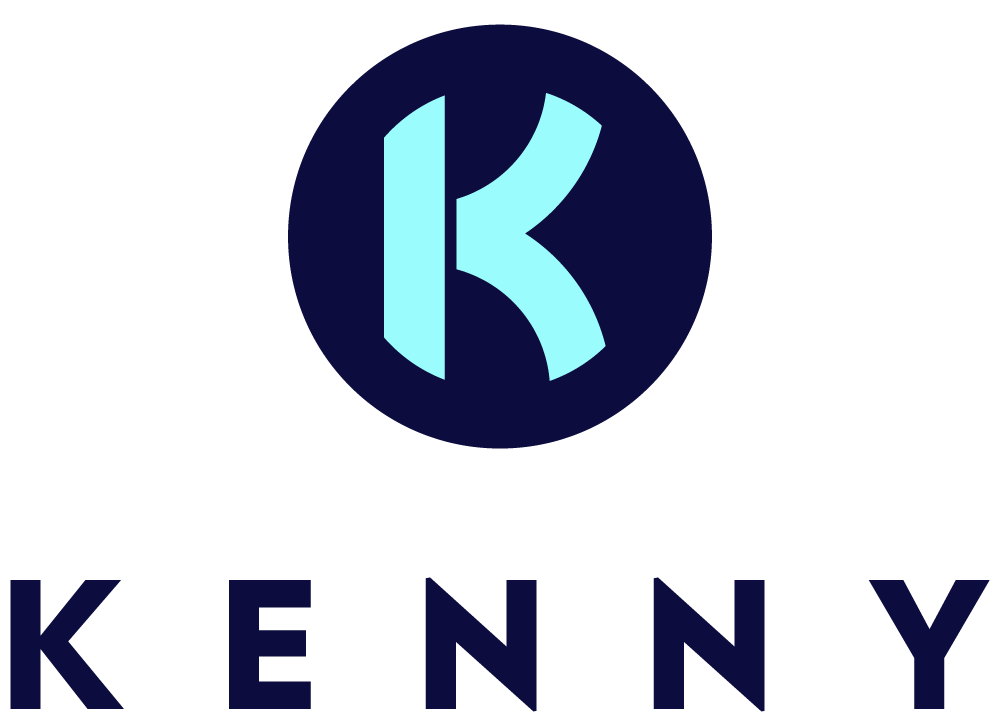What to ask a potential employer in an interview, and what to look out for
We’ve all been there; nervously focusing on surviving the interview, answering questions about hypothetical situations, past experiences, why you want this specific position, and then they turn the interview around to you and ask if you have any questions. It’s relatively common knowledge at this point that ‘no’ is not the correct answer to that question. But what exactly are you expected to ask?
If you’re in a position where you feel you need this job, you’re only focusing on what questions will impress, not necessarily what questions will give you insight into the employer themselves. This mentality often leads to disaster because in the best case scenario, you get the job, but you’re unhappy after the first month because you didn’t ask the right questions! Here is a guide to what kind of questions will benefit you, whilst also showing your potential employer that you are genuinely interested.
What will my first year look like?
An interesting question but an important one. You probably already have a strong grasp on the job description, you’ve studied before the interview and you’ve spent the last half an hour talking about it. But what does that first year entail? Do they expect you to hit the ground running on day one? Will there be a training period? At what point are you going to be expected to hit targets?
These are all key things to think about because you need to know what will be expected of you personally, not just what is expected of the job title. Their answers to this question can greatly determine whether or not you’re actually right for the job, and if you’ll enjoy yourself when you start. If the company wants you to hit the ground running on day one, but you feel that you lack the precise experience to be able to do that, you may find yourself in hot water before your probation is up.
Secondly, this question will also give you a glimpse into how they treat their employees and new starters. There are no hard and fast rules as different approaches will work with different individuals, but it is important to absorb their answers and reflect on whether or not you are the right person for this company. If you’re someone who enjoys a structured hierarchy, and feels it important to have constant interaction with a senior supervisor, but the answer to this question implies autonomy and self motivation, you may well be best avoiding the role even if you were successful at the interview.
What is the staff turnover?
A question to be asked with tact and diplomacy, but an important indicator about a potential employer’s work environment. Just because a company has a major brand name and is paying a good wage, doesn’t necessarily mean that employees will be happy. A high staff turnover indicates that the company either routinely underpays their employees, or that the environment is driving people away despite their benefits packages. Great companies keep staff and cultivate loyalty, leading to low turnover and good progression up the ranks. Asking this question can give you great insight into the company you’re looking to work for.
What is the expected progression structure?
A good role can really satisfy your drive, hunger, and ambition for longer than most expect, but there will almost certainly be a time when you look up the ladder and wonder what you need to do to progress. When this moment comes it is usually a fait accompli, a mindset that can’t be changed and will inevitably cause friction if not addressed. If this happens there is little worse than feeling stuck in a position with no hope of progression.
Asking about the progression structure in the interview helps manage your expectations. If your potential employer details a framework where your role can evolve into a senior or management position in a realistic timeframe, you can usually trust that they take progression seriously. Conversely a flimsy, non committal response is usually a big red flag that perhaps you are going to be expected to stay in the same role indefinitely.
Once again, if you’re happy with this expectation you have no worries, but if you’ve got an eye on upping that paycheck or taking on more responsibilities in a few years of hard work you are unlikely to enjoy such a role.
What are the company’s aims in the next 5 years?
This is a common question that candidates get asked, and there is a reason. Potential employers aren’t usually looking for someone with short term goals that might change after 6 months, so they’re keen to get a handle on what your plans in life and your career are. The same logic applies to yourself when looking for a new employer.
Firstly you need to ask yourself what kind of business you want to work for? A rapidly growing business can be exciting and offer potential for personal growth, but also comes with risk if not done correctly. A huge established brand just looking to maintain numbers is a safe bet but can be uninspiring and lead to lower job satisfaction. Therefore getting an idea of what the business’ goals over the next 5 years can really help you visualise what your career there is going to look like.
Secondly, asking this question shows your potential employer that you too are looking for stability. A candidate looking for a quick job to get money in the bank usually isn’t going to care about the next 5 years, but if you show you are assessing the viability of a role for the foreseeable future this can encourage the interviewer to see you as a safe bet.
How have you found working here?
A really interesting question to ask your interviewer because most questions are usually about the business, but asking the interviewer this question humanises them and can encourage an honest discussion. Take this with a pinch of salt, no interviewer is going to bad mouth their own employer to a candidate in an interview, but they can share their own experiences.
If you have already discussed career progression and employee turnover, asking the interviewer about their personal experience gives you a live example of what they’ve been telling you. A chance for them to put their money where their mouth is. If they have said they have low turnover with strong career progression, and your interviewer has been with the company for 10 years having started as a junior, you can feel a little more confident in what you’ve been told.
This line of questioning also gives a good impression that you are already visualising working at the company, and thinking the decision through. This is a key part of a successful interview because no-one wants to hire someone disinterested or not committed to the role.
This list is far from comprehensive, but it’s always good to come to an interview with a list of questions in mind. Hopefully the interview itself sparks different, more specific questions to ask. There’s absolutely nothing wrong with having a notepad where you can write down thoughts and questions, so if you’re in a pinch have a think about the above to see if they inspire any other avenues of questioning you’d want to pursue!
At Kenny we offer cv writing and interview coaching services to help you prepare for your next foray into the job market. If you are interested, please click on the previous links and learn more about what we have to offer - starting with a free 15-minute consultation.




